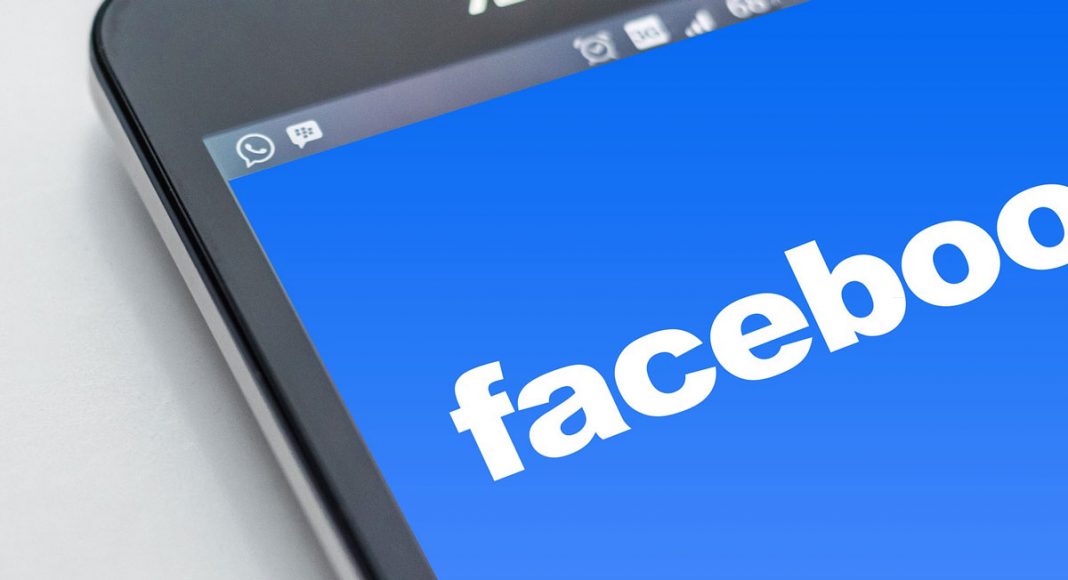Like most social media websites, Facebook has a problem with hate speech and trolls. Unlike other social media websites, Facebook was involved in a scandal that’s rumored to have swayed the results of the US elections, while accessing millions of people’s privacy and information. For the past couple of months, Facebook co-founder Mark Zuckerberg has been in charge of providing damage control for his company, and finding ways of filtering out questionable content and preventing a situation like Cambridge Analytica from happening again.
With over 2 billion active monthly users, filtering out hate speech, violence, and sex is a complex issue. The current state of the world, filled with racial and political tensions, makes things even harder. According to WIRED, when it comes to preventing terrorism, Facebook is capable of identifying over 95 percent of content that promotes the behavior. Alex Schultz, Vice President of Analytics, claims that the state of the world influences the content that’s on the site. “When there’s a war, more violent content is uploaded to Facebook,” he says.
When it comes to nudity, sex, fake accounts, and spam, Facebook is capable of flagging over 95 percent of these posts. For graphic violence, the company is capable of controlling over 85 percent of it. When it comes to hate speech, the company faces a larger problem, being capable of stopping just 38 percent of it. Hate speech is a tough problem for Facebook to solve because it’s hard to know exactly what it is and what was the original intent of the person who made the post.
-
Related Story: Facebook Says You’re Not A Product, But Are You?
According to the transparency report, covering October 2017 to March 2018, Facebook took down more than 860 million pieces of questionable content from the website in the first quarter. Blake Reid, associate clinical professor at Colorado Law, believes that while these reports are good, it’s more important for governments to be aware of Facebook’s influence and power, because the company’s proven that its size and scale are capable of having real world repercussions. With absent government supervision and action, Facebook will have a significant hold on a large amount of the world’s population.


